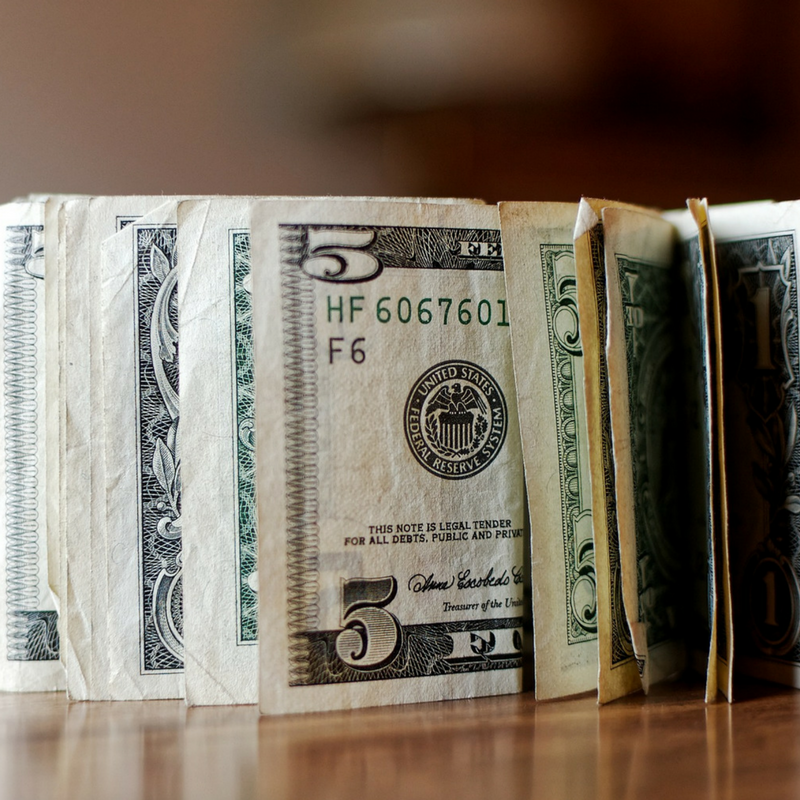The Struggles of Rural America

History says that Americans will do what they must for upward mobility. Move three states over for a new job. Scrimp and save for college. Learn a new trade. The history of America is, in part, a narrative of creative men and women testing the limits of their ingenuity to achieve their goals. According to








